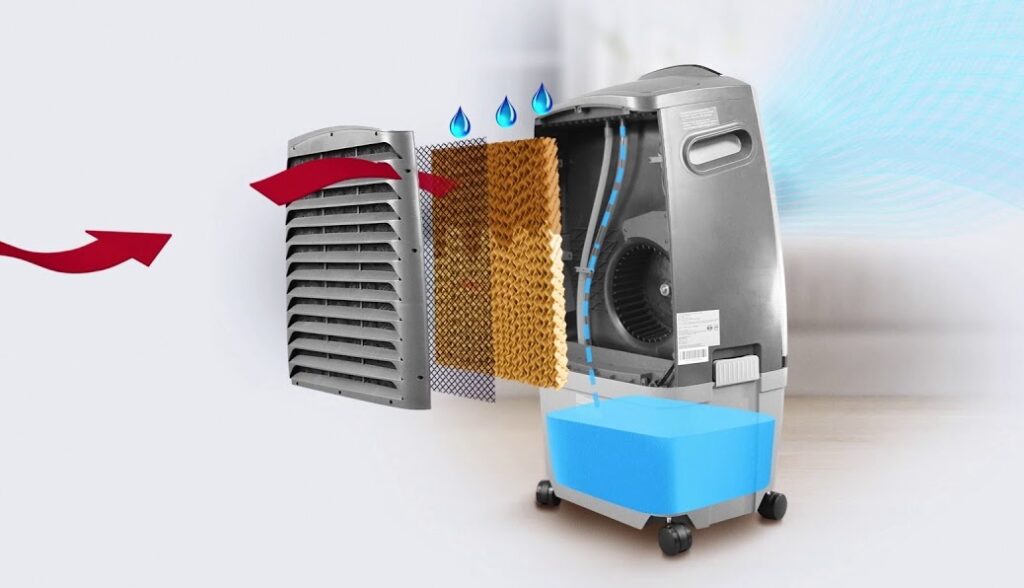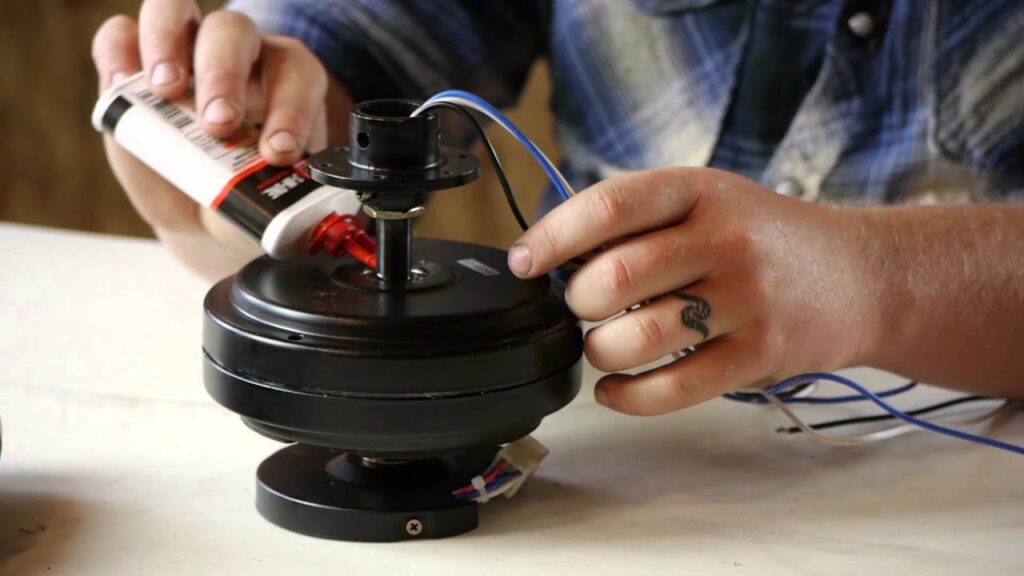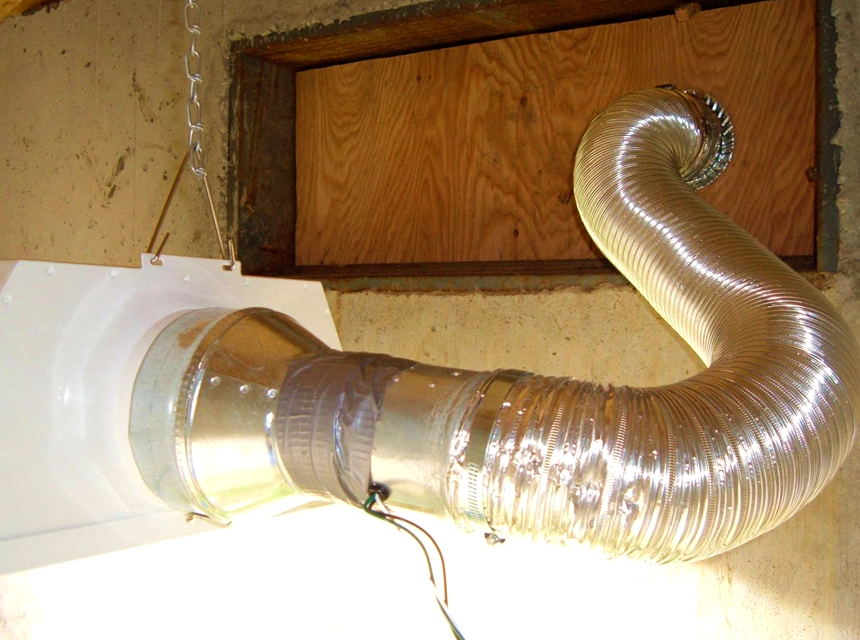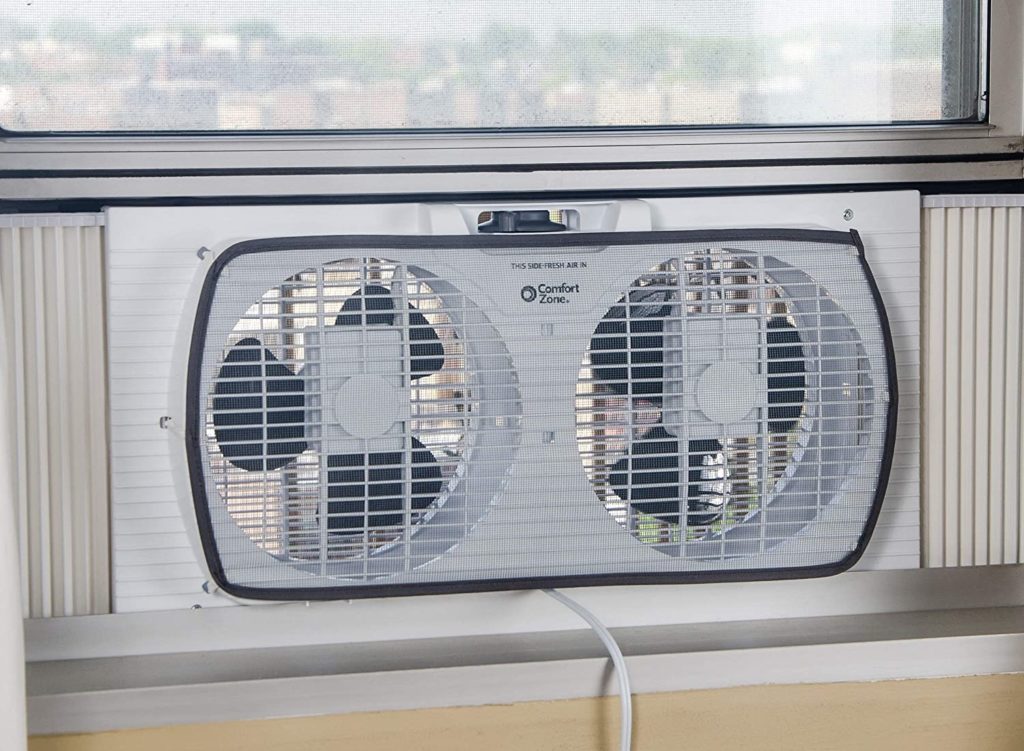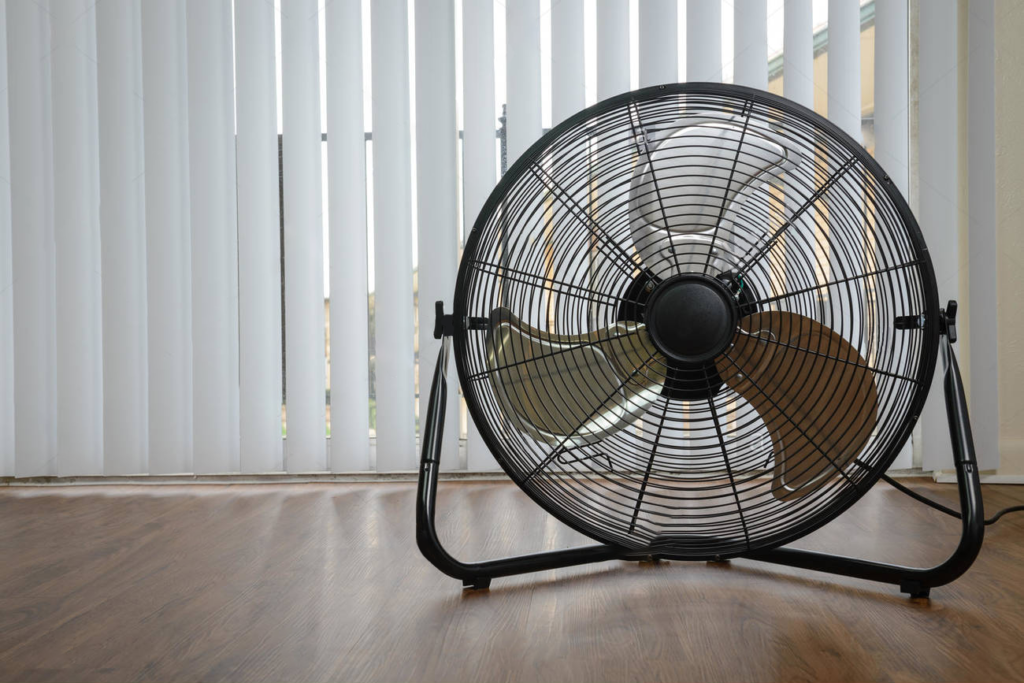

2021 is forecast to be cooler around the world, but it’s still going to be
one of the top six hottest years
Trusted Source
Climate change: 2021 will be cooler but still in top six warmest - BBC
UK Met Office scientists are forecasting that 2021 will be a little cooler around the world, but will still be one of the top six warmest years.
The La Niña weather phenomenon will see temperatures edge down but greenhouse gases will remain the biggest influence.
Researchers say the world will likely be around 1C warmer than the pre-industrial era.
It will be the seventh year in a row close to or above this mark.
www.bbc.com
, dating back to 1850.
To face the sultry heat of the summer, it is necessary to find functional solutions that make the home environment fresher and more liveable. To achieve this, you can choose to install an air conditioning system or one or multiple fans.
Both the air conditioner and the ventilation system have advantages and disadvantages. So, let’s try to understand what the peculiarities of each are, verifying which of the two options is the best solution.
In this Fan vs AC comparison article, we’ll see what these ventilation and air conditioning systems offer by looking at their power consumption, acquisition cost, ease of installation, air quality, coverage capacity, among others.
First, before seeing the individual advantages and disadvantages of fan and AC units, below are how both compare with each other.
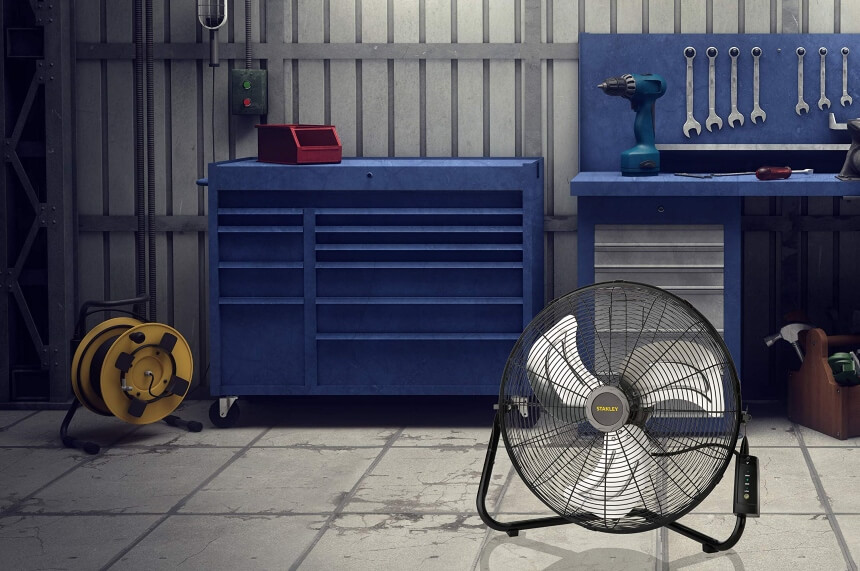
With the fan models, you have an option between those for residential and industrial use. For industrial use, there are axial fans, centrifugal fans, propeller fans, and more. For residential use, there are the table fans, the portable personal fans, ceiling-mounted fans, window fans, pedestal fans, floor fans, mist fans, exhaust fans, and the wall-mounted fans such as the Iliving ILG8G14-12T with a built-in thermostat.
There are versatile models such as the wall-mounted fans which can be mounted on the wall or the floor. According to most reviews, one of the highest velocity models of this type is the Lasko H20685 Floor Fan, which, thanks to its industrial-grade construction, is the most reliable option out there for use in garages, studios, workshops, and other spaces.
One of the most important aspects concerns energy consumption. It’s an aspect that affects the cost of your power bill. So, how much electricity does a fan use compared to air conditioning? From this point of view, there is absolutely no match between the two.
A fan normally has a motor that oscillates between 40 and 100 watts with low hourly consumption. Meanwhile, a fan can consume over 0.75 kilowatts in an hour. The cost of energy per kilowatts in 2021 in the US is forecast to be 13.3 cents per hour on average, according to the EIA. That’s around $1.12 per day.
In principle, we can say that a 4-ton AC uses around 4kW per hour. That amounts to $6.38 per day for 12-hour use.
Air conditioning units are the undisputed winner in this area. They have higher coverage areas than ceiling fans for example.
Generally, ceiling fans can be used for bathrooms, utility rooms, breakfast nooks, dining rooms, bedrooms, media rooms, kitchens, and other rooms. They have a coverage area of 75 square feet to about 400 square feet, for fans with a blade span of around 60 inches.
Small air conditioning units such as the 1.5-ton types can cover a space of 120 to 200 square feet while the 2-ton models can cover a 300 square feet room. They can be used in the bedroom, living room, office, etc.
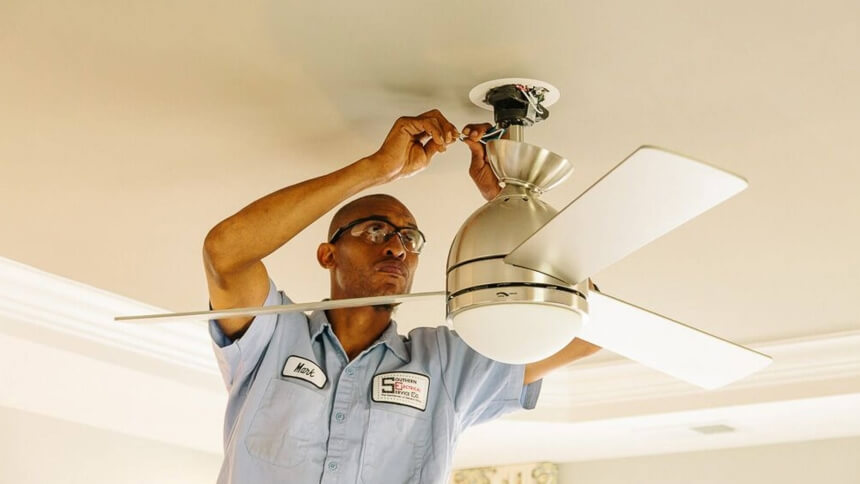
As we have just seen, the costs of energy consumption are not even comparable. This is the same for the purchase of the devices. With less than $100, you can have a good fan. Meanwhile, for an air conditioner, the figures are much higher depending on the power required, the size of the room to be cooled and the technological level of the chosen model.
The costs for installation should not be underestimated. A free-standing fan can be simply plugged into the power outlet, while a wall or ceiling unit can be mounted with a minimum of DIY experience. You can however request the intervention of an electrician with a small additional cost. A portable air conditioner does not require installation, but choosing a model with split requires the intervention of a highly qualified technician.

Fans are advantageous for cooling small spaces. They have low purchase prices and do not require frequent maintenance operations. However, they are not very efficient when the temperatures are very high, as they do not act by changing the temperature, rather, they “move” it, creating only fresh currents. These devices are also very noisy, therefore, they are uncomfortable for environments such as the bedroom or the study.
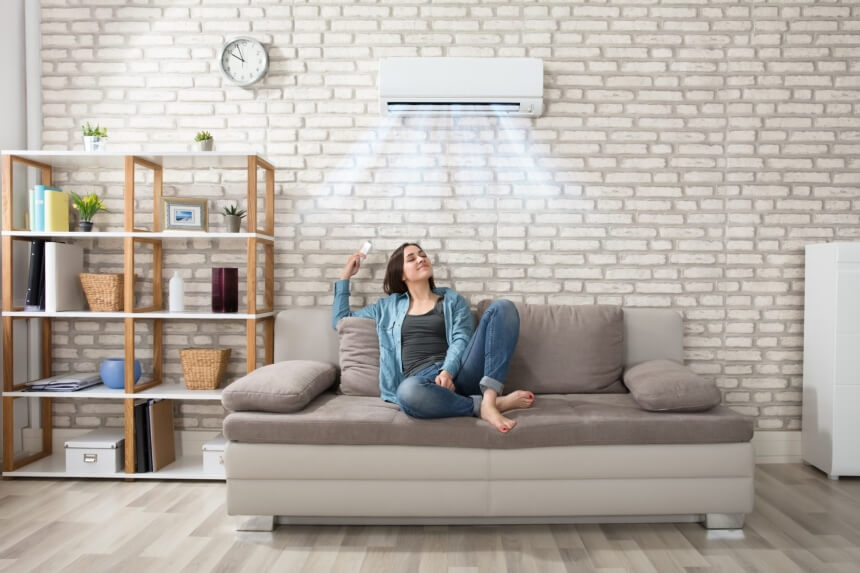
Finally, below we have put together a general and simple comparison between air conditioners and ceiling fans. Both have their advantages and disadvantages. Decide according to your personal preferences:
Pros:
Cons:
Pros:
Cons:
The two types of ventilation and air conditioning systems are very different appliances, so there is absolutely no perfect solution. The best choice is dependent on the real needs of the user. In case you need to make a room more comfortable, the fan is an inexpensive way to get immediate relief.
In homes with good thermal insulation or in areas that are not particularly hot, instead of using a more complex and expensive automatic air conditioning system, even a simple fan can give satisfactory results.
If, on the other hand, the internal temperature becomes unbearable, there is no other solution than to install a fixed air conditioner that will definitively solve the problem by ensuring high environmental comfort. However, the overall best unit in this fan vs AC comparison is the air conditioner, when you consider the fact that they cool the air and produce better air quality. However, quality in this aspect comes at a price.
